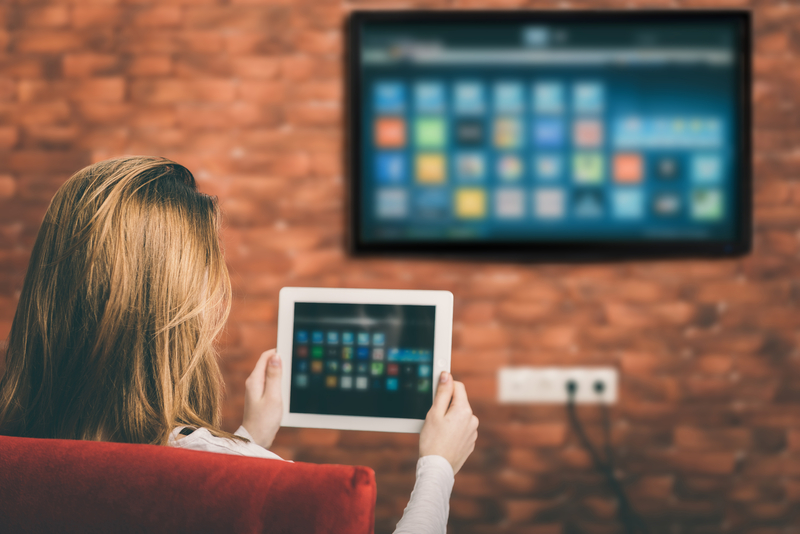This is your complete guide to learning how to set up utilities in your new apartment! There are a million and one things that need to be taken care of when moving. That’s why we put together our list of the top 5 utilities and how to set up utilities when renting. The most popular utilities to set up are gas, electricity, water, sewage, and internet. In this post, you can also find the best ways to get electricity in your apartment!
Here at The Energy Professor, we want to give you the information you need to not only save money on your energy bill but to also become more energy efficient. We hope find this post helpful and makes it easier for you to know how to set up electricity in your apartment. Be sure to also check out our one-of-a-kind energy savings calculator!
The Energy Professor Electricity Rate Check Tool
Top 5 Utilities Every Renter Should Know How to Set Up

The first 5 utilities that need to be set up when moving into a new home are water, electricity, gas, internet, & trash removal. Multi-resident living can make setting up utilities extremely convenient. Some apartments may offer select utilities included in the price of your rent. If you are worried about “how to set up electricity in an apartment” keep reading as we will break down how to set up the top 5 utilities that you will need to be turned on in your new apartment below!
What Utilities Do I Need to Set Up When I Move?
- Water
- Electricity
- Natural Gas
- Trash
- Internet, Cable, Phone
Related Post: What are Utilities?
Setting Up the Top 5 Utilities in a New Apartment
#1 – How to Set Up Water in a New Apartment
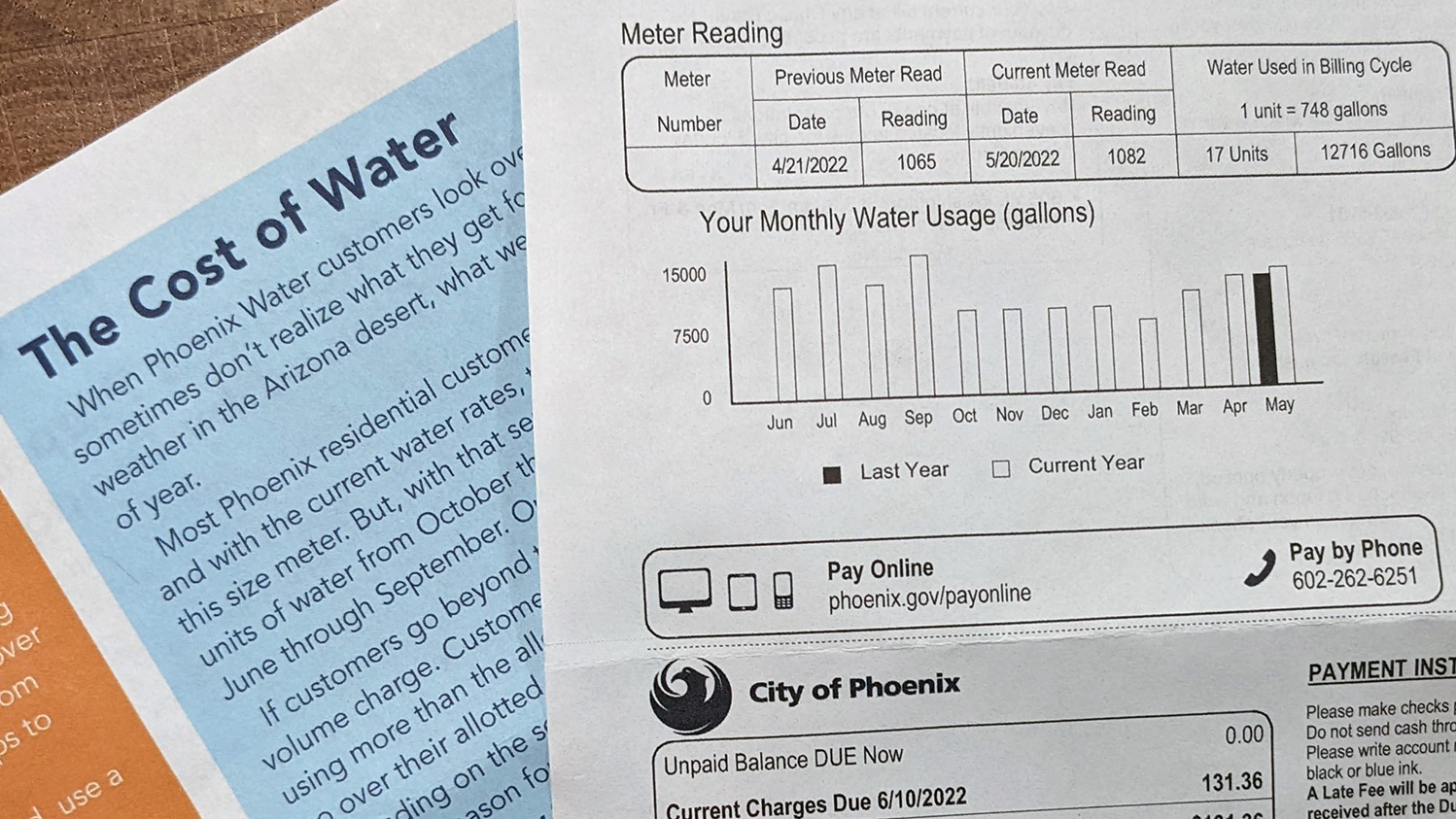
It’s hard to narrow down which utility is more important. But knowing how to get water turned on in your new home fights electricity for first place. In a largely growing paperless world, top service providers, such as Water, have made signing up online easier than ever! You can find your water provider by looking on your city website as it is usually a city bill rather than a third-party provider.
Water Set-Up:
- Find your water provider by contacting your broker or Leasing Office
- Create an online account with your provider
- Select your billing options
- Connect your bank account if necessary
Some utility providers may require a down payment, a one-time set-up fee, or a service fee. Be prepared to pay a portion of your water bill the day you create an account. You might be required to pay that fee upfront or it will be attached to your first electric bill in an apartment.
What is the Average Price of a Water Bill 2024?
- $72.93 is the average price of a water bill in 2024. This number may be higher or lower in your situation! The average amount in the US is taken from a household of 4 people using 100 gallons of water per person, per day.
While water IS a necessity. Other utilities need to be set up for your new home to function properly. Let’s move on to how to get electricity turned on.
Related Post: No Deposit Electricity
#2 – How to Set up Electricity for Apartment
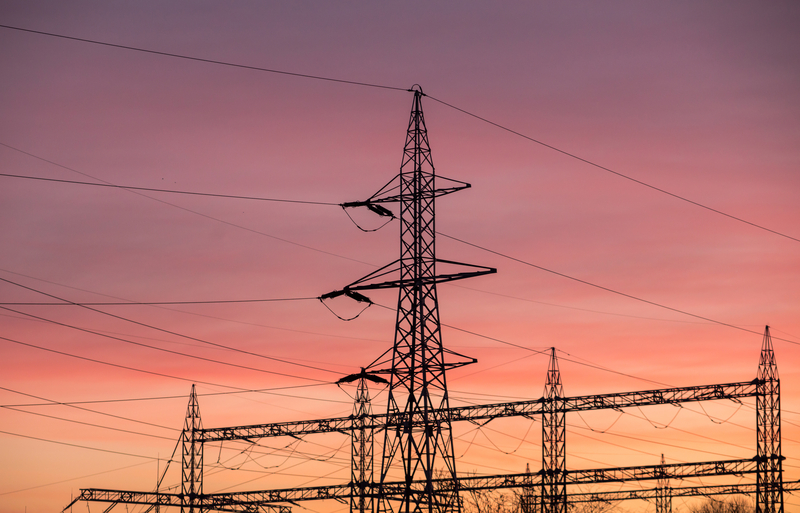
Thankfully, like water, knowing how to set up utilities for a rental house or apartment has become easier over the years. But when looking at specific energy supply companies, it may take little or more work. You also might be wondering if you can save money on your energy bill! This all depends on your provider and what type of energy market you reside in. In most cases, we think the instructions below will help you learn how to get lights turned on in your new apartment.
How do I get electricity in my apartment?:
- Find your electricity provider by contacting your broker or Leasing Office
- Create an online account with your provider
- Select your billing options
- Connect your bank account if necessary
Don’t forget, when setting up your new apartment electricity, you will also have to make changes to your old electric bill, as well.
How Much is an Average Electricity Bill Per Month?
- $122 a month is the average US consumer bill for electricity. This is the average from 2021. So like all things, it is likely to be a bit more in 2024.
Related Post: Find Out the Energy Rate in Your State
#3 – How to Set Up Gas in a New Apartment
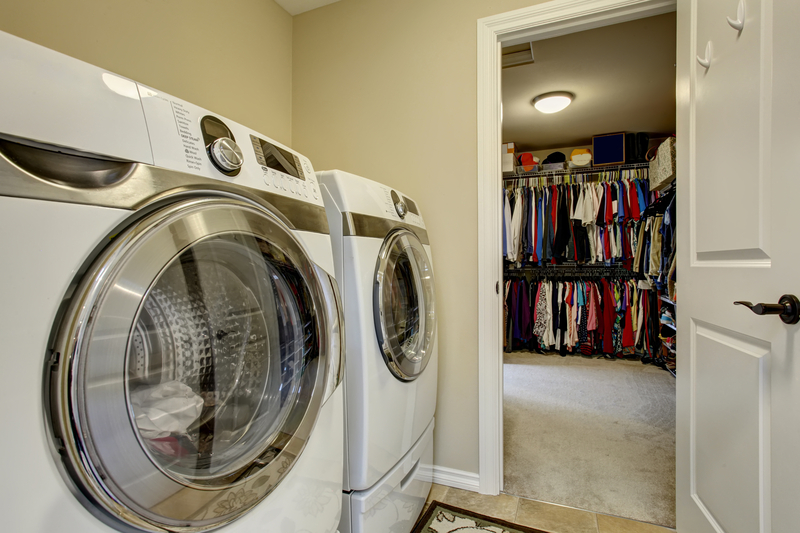
Like water, most gas companies are owned and operated by your local government. Rather it be the town, city, or county that you live in. Think of your gas more as a municipal utility than a personal one.
How to set up gas and electricity in an apartment?:
- Find your natural gas provider by contacting your broker or Leasing Office
- Create an online account with your provider
- Select your billing options
- Connect your bank account if necessary
How Much Should I be Paying for Gas Per Month?
- The average gas bill in the US as of 2021 was $61.69. When trying to calculate your gas bill, make sure you look at your state’s average. Depending on the state, you can have a higher or lower cost for natural gas.
Related Post: Gas or Electric Dryer: Which is Better?
#4 – How to Set Up Trash Collection
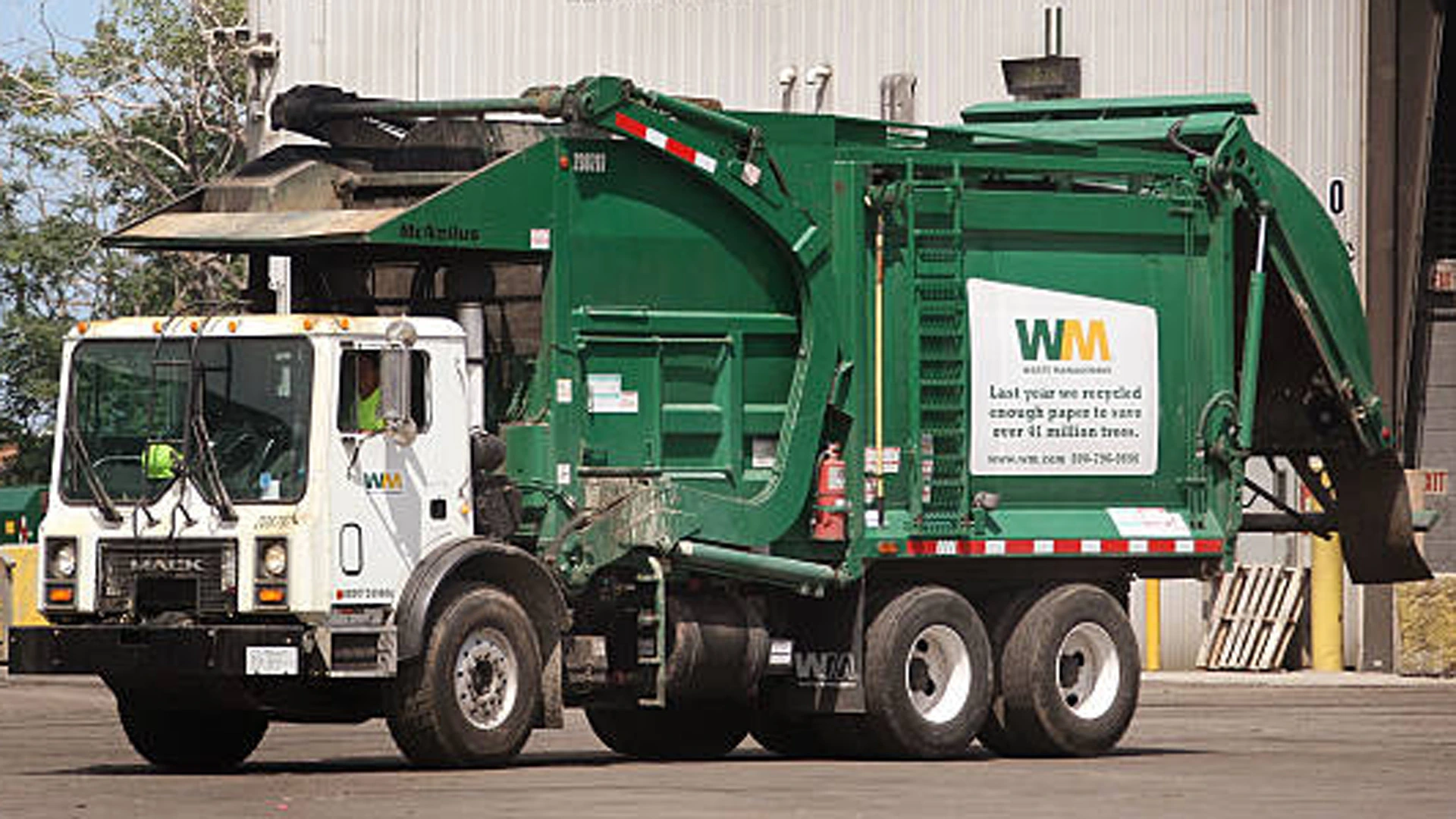
For the most part, you won’t have to worry about setting up trash if you live in an apartment complex. If you’re renting a single-family house, you may be responsible for your own waste removal. To help break it down more, think of it like gas, a municipal utility. If you have trash removal taken from just your residence, you are responsible for its removal. If your trash goes into a larger dumpster, it’s more likely it’s going to be the landlord’s responsibility.
How to set up waste removal:
- Find your local waste removal service by contacting your broker or Leasing Office
- Create an online account with your provider
- Select your billing options
- Connect your bank account if necessary
What is the Average Waste Management Fee?
- You can expect to pay anywhere from $25 – $100 a month for trash collection services.
As we mentioned above, this fee is one of the only services most apartments include in the rent!
Related Post: Learn how to recycle light bulbs
#5 – How to Turn on Utilities in the Apartment – Internet, Cable, & Phone
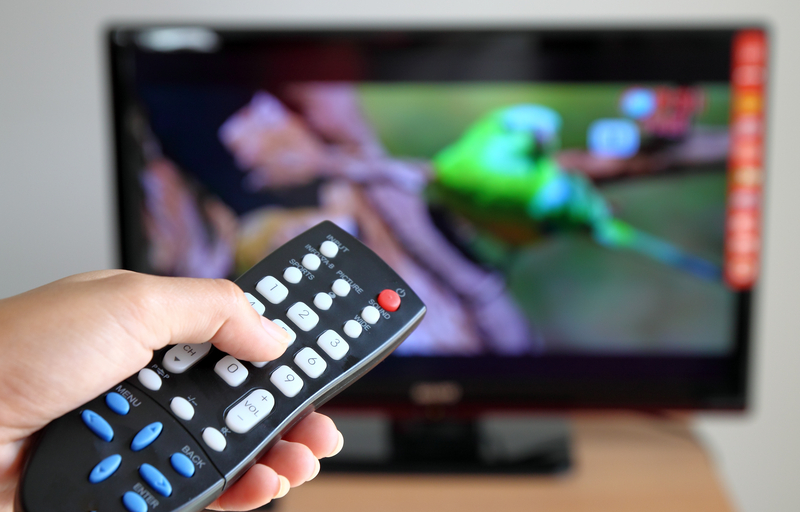
Internet is how the majority of renters watch TV and control home devices like thermostats or lights. Knowing how to set up utilities when renting is an important skill to have. Setting up your internet also comes with some much-needed research and negotiating skills. This is one of the only utilities that isn’t a regulated price. So we highly recommend doing your research and finding the best possible deal you can!
How to set up internet, cable, or phone lines:
- Find a service provider you’re willing to work with
- Create an online account with your provider
- Select your billing options
- Connect your bank account if necessary
What is a Good Price to Pay for Internet?
- The average price of internet in the US is between $36 – $58 a month. But this price has many variables that may change from state to state. Or even apartment to apartment.
US residents should be happy to know that the current presidential administration is investing $65 billion for affordable internet. We think this is well overdue and can help you save a lot of money on your internet bill!
Related Post: How Much Energy Do Gaming Computers Use?
What to do When Your First Utility Bill Arrives?
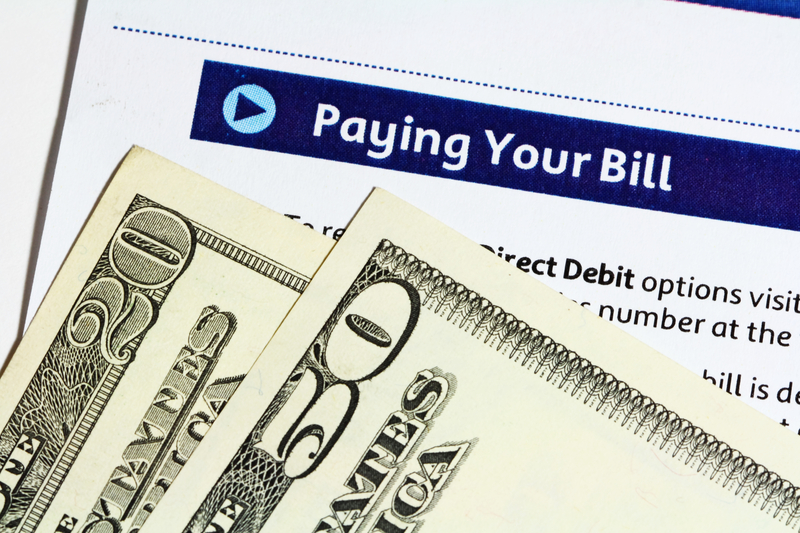
When learning how to set up an electric bill for an apartment you’ll find that it is up to the provider when your bill will start and end. When your first utility bill arrives, look it over! Make sure all the charges are correct. One of the most frequent things we see is customers just blindly paying a bill that comes in the mail. We recommend signing into your online account and looking at the itemized bill. This is if you’ve chosen the paperless option and you didn’t receive one in the mail. Once you’ve certified the billable items are correct, pay your bill as soon as you can to avoid any late fees.
When Will I Pay for Utilities?
- The due date of your first bill will be given to you upon the activation of your account. The date is determined by your provider and will vary between companies.
Related Post: Why is my Electric Bill so High?
How to get Electricity Turned on in an Apartment FAQ

Q: What is an All-Bills Paid Apartment?
A: Renting an “All Bills Paid” apartment means that your landlord will cover your unit’s utility bills. The upside of this is having to not deal with knowing how to turn on the electric in a new apartment. The downside is you can’t control how much you’re paying for these services. The total amount of your all bills paid rent will include your utilities.
Q: Are Utilities Always Included in the Rent?
A: No, it’s surprisingly very rare to find a landlord willing to cover utilities. You will find this situation mostly if you’re renting a house. Or even a unit within a house. The homeowner will likely split the utilities evenly if multiple tenants are sharing one dwelling.
Q: What Utilities Do I Need to Rent?
A: The most common utilities that are offered are electricity, water, gas, trash removal, & internet. Depending on where you live, you may have more utilities that you are responsible for. This information can be found through your landlord or leasing office before you move in. A lot of times if you’re renting an apartment, the leasing office will require proof of setup before you’re allowed to move in!
Q: How Much is it to Start Electricity in an Apartment?
A: The average tenant pays $122 a month for electricity. This is the average from 2021. So like all things, it is likely to be a bit more in 2024.
Q: Are apartment utilities a must-have for renters?
A: Apartment utilities are a must-have for any renter. There are a few major utilities you need to know how to set up in your new apartment:
- Water
- Electricity
- Natural Gas
- Trash
- Internet, Cable, Phone
Do you Need Cheaper Electricity?
If you’ve taken the time to understand the information on your bill and discovered you’re paying more than you’d like for your electricity, have you looked around for a cheaper deal? The Energy Professor has a wealth of information on ways to save on your utilities, including details of top deals that could significantly reduce your monthly or quarterly electricity bills.
We hope you found this article helpful! If you are looking for ways to increase the energy efficiency and sustainability in your home be sure to take a look at all of the latest renewable energy options in your area. The Energy Professor helps residential and small business owners find qualified energy suppliers in New York, New Jersey, Pennsylvania, Texas, Ohio, Maryland, Illinois, and Massachusetts

